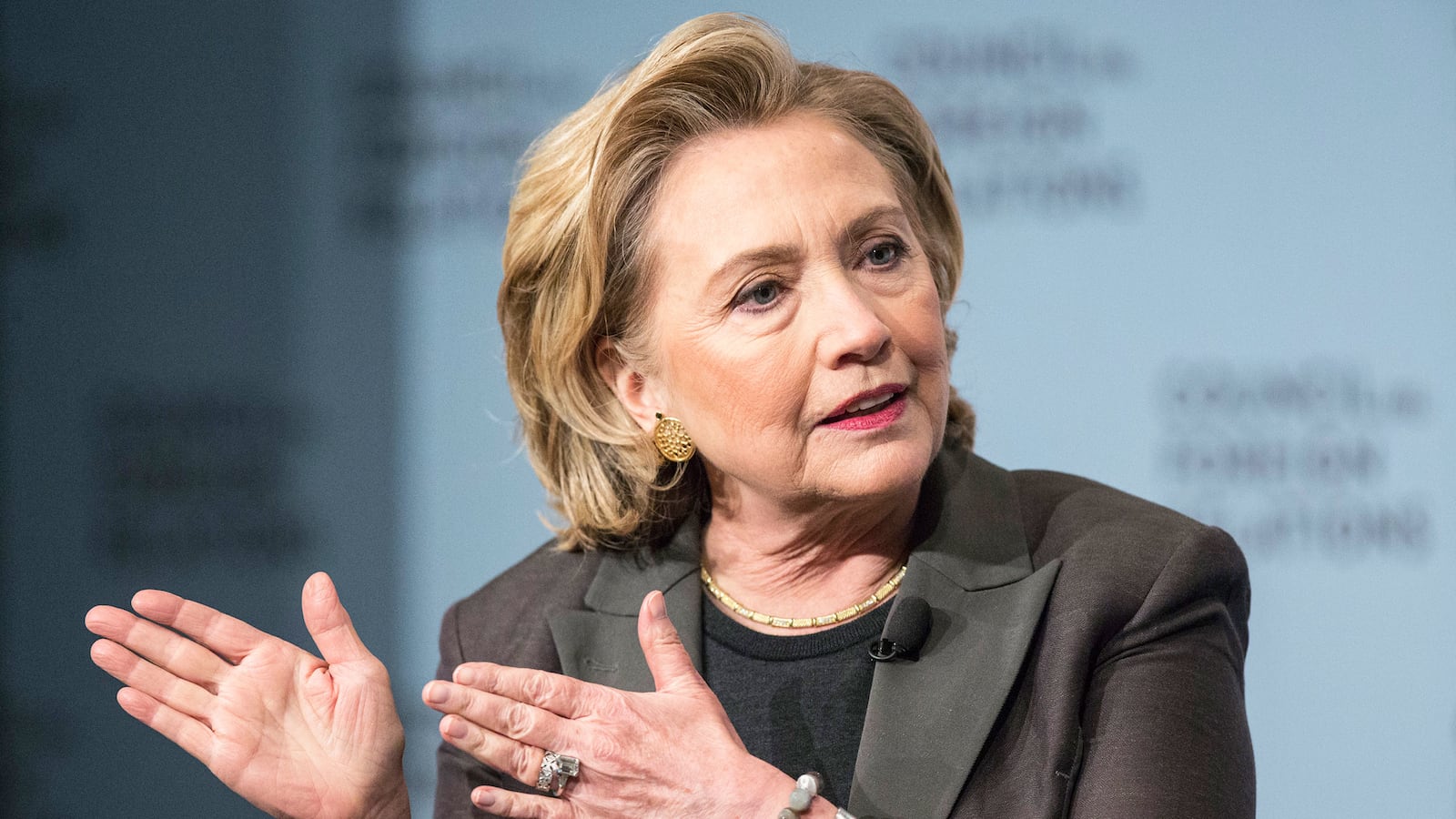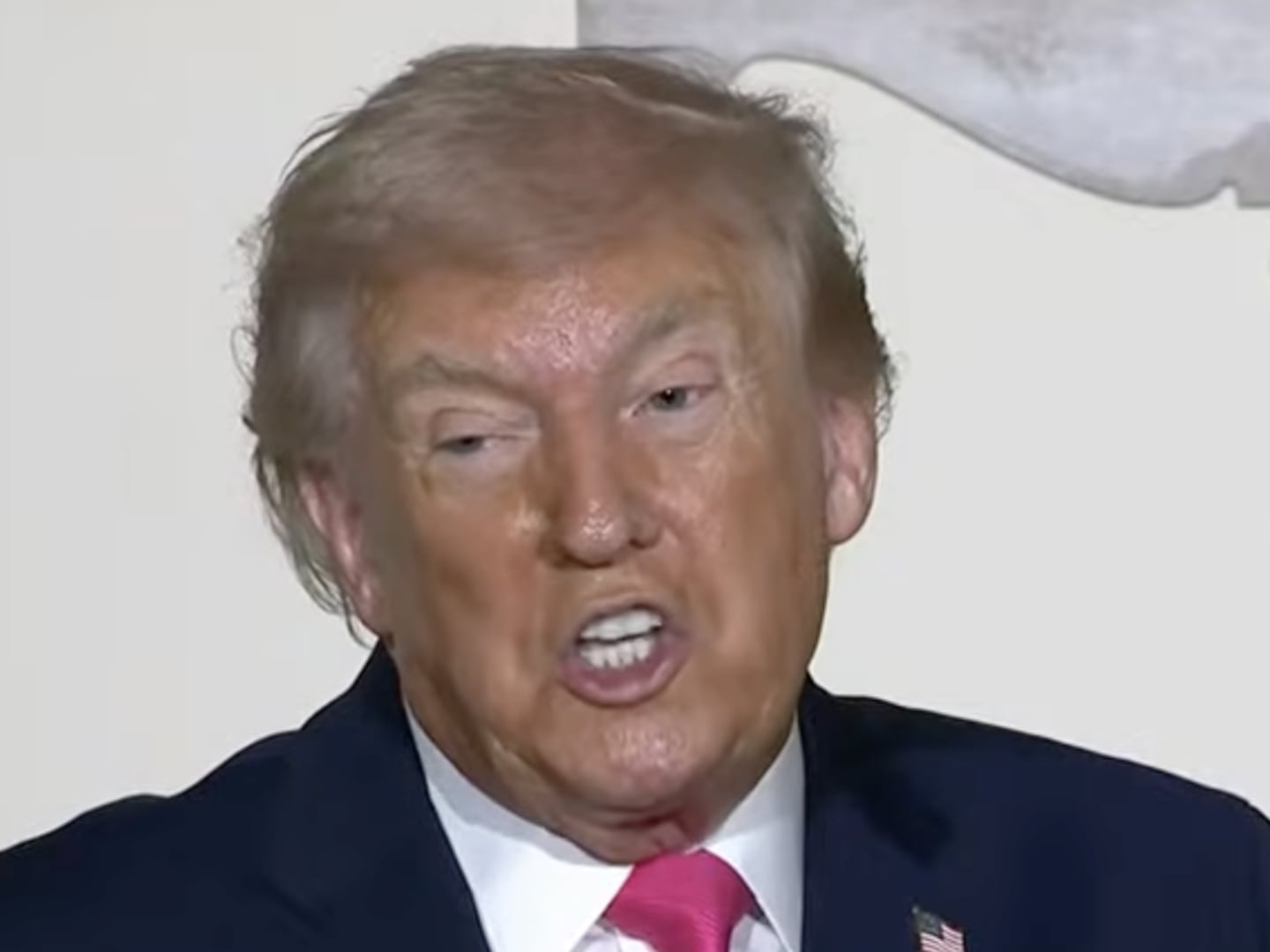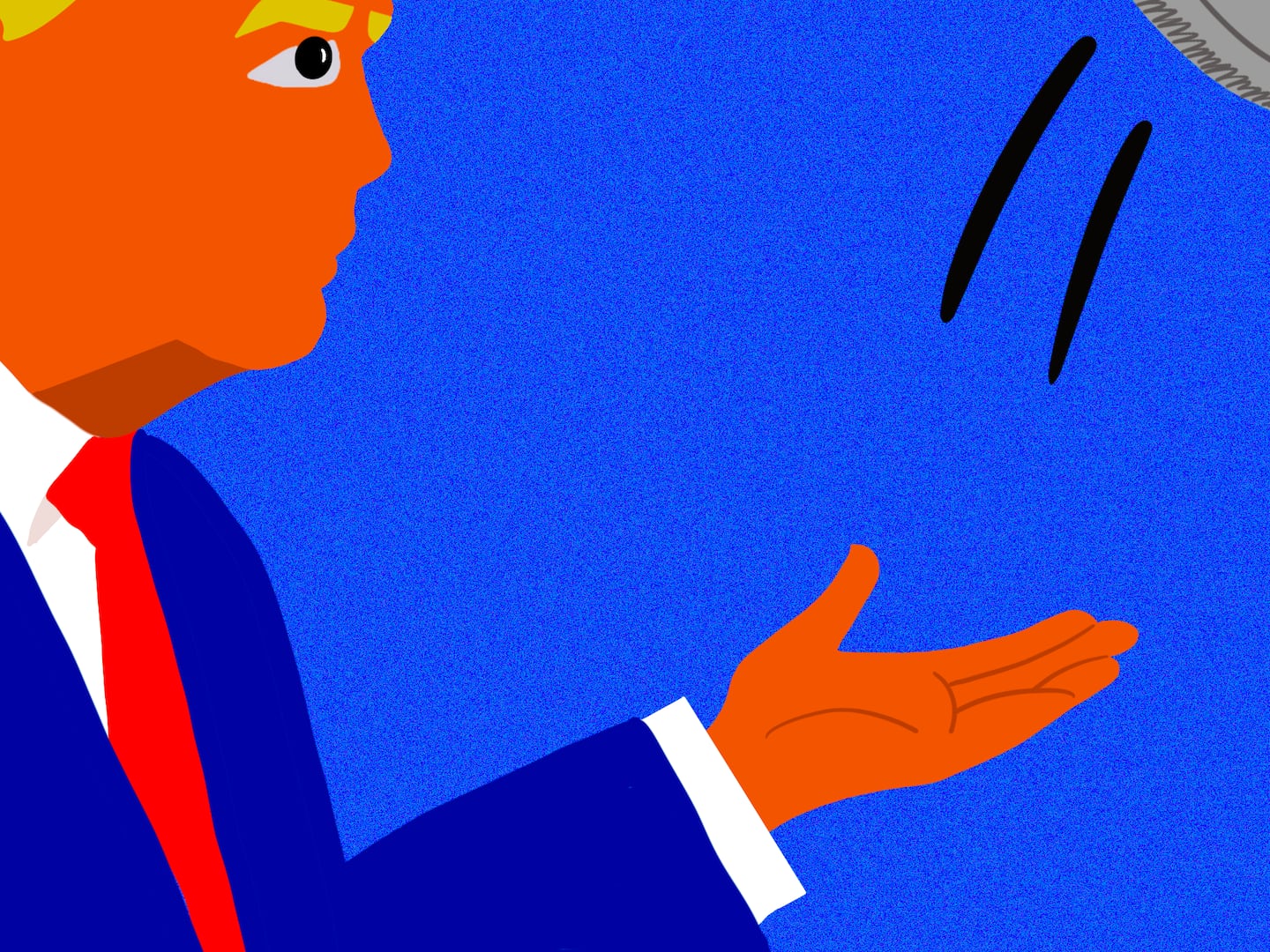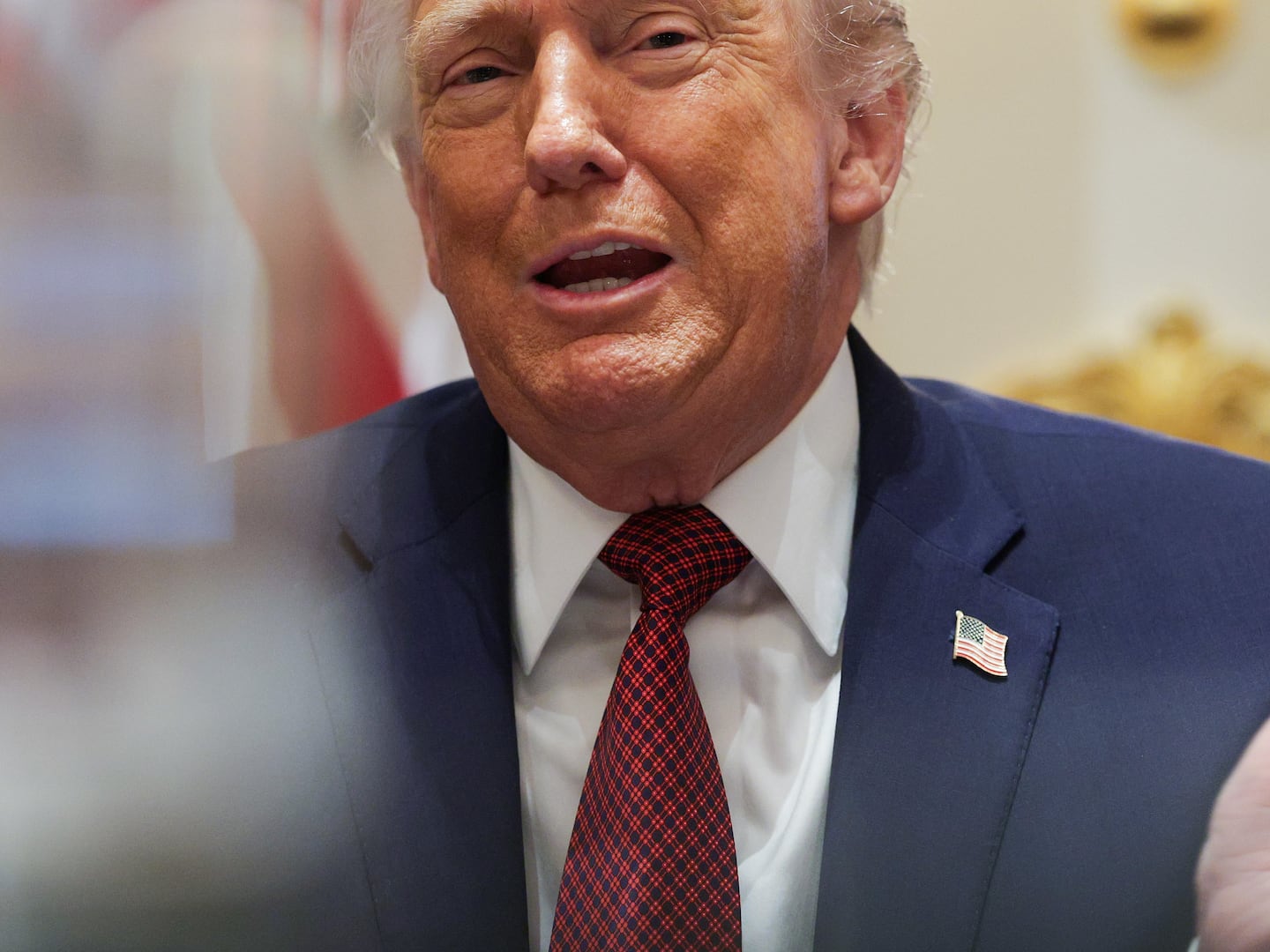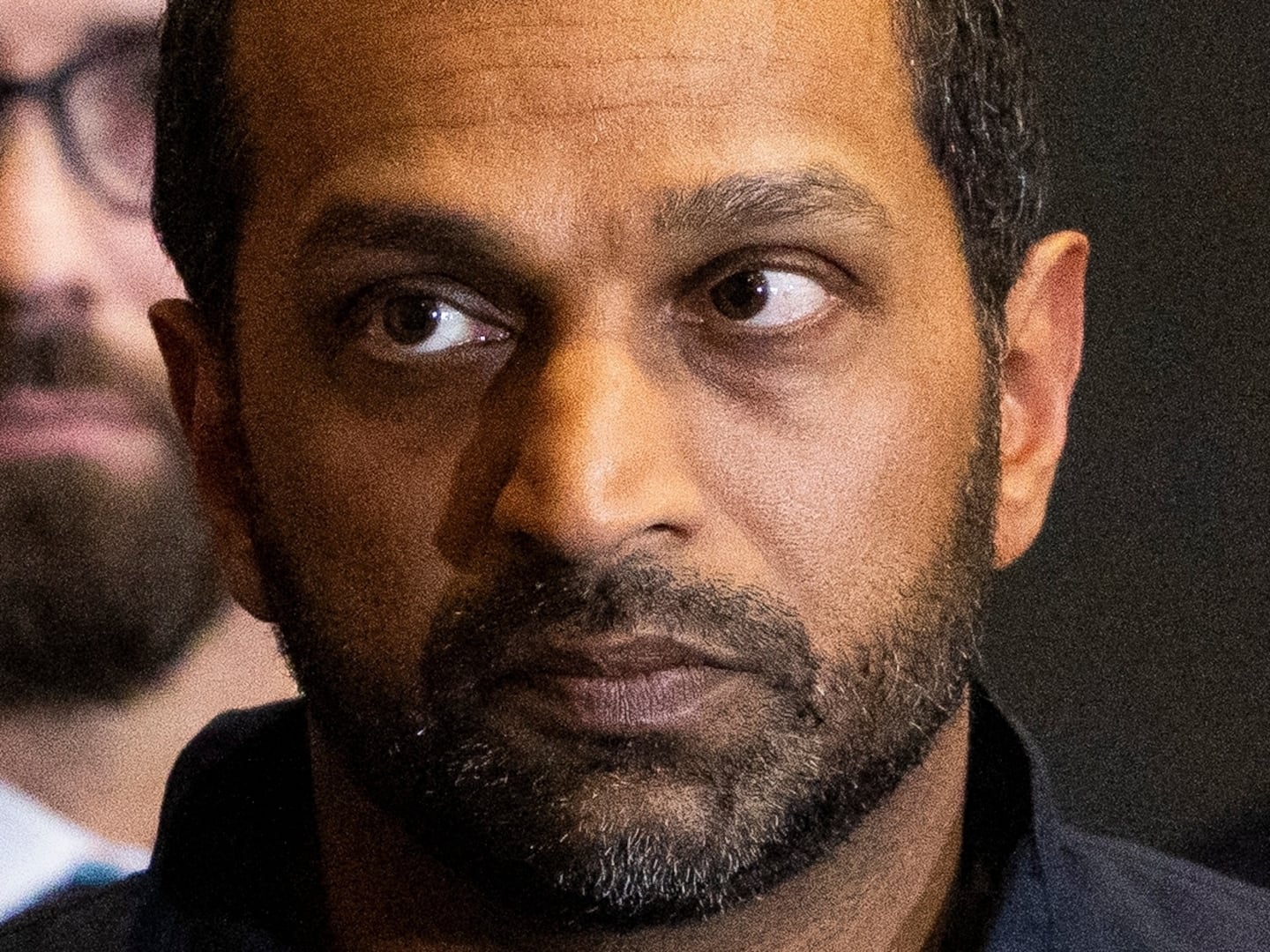Michael Cavadias is a writer and Democratic Party activist in New York City. He has worked for and organized fundraisers for The Campaign to End the Death Penalty and New Yorkers Against The Death Penalty.
Hillary Clinton is running for president. She’s hired a lot of very important people. They’ve raised a lot of money for her. Everyone knows she’s running, including Massachusetts Senator Elizabeth Warren, Vermont Senator Bernie Sanders, and former Maryland Governor Martin O’Malley, each of whom is making political gesticulations to her left, most notably on economic policy.
Democratic primary voters will be paying excruciatingly close attention to whatever economic moves Clinton might make in the populist direction. There is, however, another issue dividing the progressive wing of the Democratic Party from the centrist Clintonian wing, which so far is getting no attention: capital punishment. The base is ambivalent, and has been for decades. Abolitionists were ascendant in the 1960s and 1970s; proponents made a significant comeback in the 1990s. Today, support for executions among the Democratic base is dwindling, verging on outright revulsion, in the shadow of several highly publicized botched executions.
Hillary’s record of support for capital punishment is long, and it’s something she’s used as a political wedge. But next year could get complicated for her if other candidates decide to make an issue of her position.
In the final hours of his governorship, O’Malley commuted the sentences of the last four death row inmates in Maryland to life without parole, which followed his signing of a bill to repeal the state’s death penalty, on May 2, 2013—something he worked for years to pass into law. These actions reflected his personal convictions, and were also deliberate preparation for a possible run for the Democratic nomination for President next year.
It wasn’t so long ago that actions like these would have been seen as disqualifying. Sure, one could win Democratic primary votes being opposed to the death penalty, but it was considered general election suicide, especially after Michael Dukakis’s disastrous answer to Bernard Shaw’s question about capital punishment in a 1988 debate.
Dukakis was the last Democratic nominee to oppose capital punishment Only a few years after Dukakis’ run, executions were once again in vogue among the party’s leaders. Dukakis became a cautionary tale of what happens to Democrats who can’t prove they are as tough as Republicans on crime. But was it really that Dukakis opposed executions, or that he simply gave a tone-deaf answer to a question that required a deft show of compassion, outrage, and ultimately reason? Whatever the answer, Dukakis’ misstep proved influential on Bill Clinton’s 1992 campaign, in which he highlighted his support of capital punishment, as did Hillary.
Politics is full of craven politicians who toss aside principles in favor of expediency. But Bill Clinton’s behavior in the case of Ricky Ray Rector is particularly disturbing. Everyone remembers—how Clinton decided to approve the execution during the heat of the New Hampshire primary as the Gennifer Flowers scandal was brewing around him, how the brain-damaged Rector left his dessert in his cell as he was taken to his death, telling the guards that he was “saving it for later.” Later, as president, Clinton went on to sign the “Antiterrorism and Effective Death Penalty Act of 1996,” which severely restricted death row inmates’ access to habeas corpus proceedings. This augmented the 1994 crime bill, which expanded the list of federal death penalty crimes from only a handful to over 60, contributing to the highest execution rate in the modern era of American capital punishment.
Perhaps because of this ambitious slate of executions, Democratic support of capital punishment abated, slowly, near the end of the decade, particularly in light of the release of several death row inmates who were proven innocent by exculpatory evidence, such as DNA testing. The most famous of these cases was Anthony Porter, who was set for execution in 1999, but who was exonerated just over 48 hours before his sentence was carried out. This prompted Illinois Governor, George Ryan—notably a Republican—to issue a state moratorium on executions. He eventually commuted the sentences of everyone on Illinois death row to life in prison. Six more states abolished capital punishment between 2007 and 2013.
All these changes in public perceptions of the death penalty took place against the backdrop of a sustained, national drop in crime. In 2004, John Kerry was the first nominee since Dukakis to oppose the death penalty. In fact, during one of the debates Kerry proudly voiced his opposition to executions, citing his experience in Vietman, saying “I know something about killing. I don’t like killing. I don’t think a state honors life by turning around and sanctioning killing.” Kerry lost of course, but his opposition to the death penalty was barely mentioned by the Bush campaign and was not seen as a contributing factor in his defeat. And although Barack Obama supports executions in very limited circumstances, he does so to a much lesser extent than most recent Democratic standard-bearers have, and it’s barely been an issue.
Where does this leave Hillary Clinton? Her publicly stated position is unchanged. She supports the death penalty. But a candidate like O’Malley, who’s running as a strong anti-death penalty campaign, might prompt voters to question her commitment to human rights. In the past, Democrats have given pro-death penalty candidates a pass on the grounds that it’s a necessary position to win general elections. But with low crime rates and ever-declining support for capital punishment, that should be less true in 2016.
Thus, the 2016 primary campaign could be the first opportunity in a generation for progressives to make support for capital punishment an issue. And thanks to Elizabeth Warren, who has rattled the Clinton camp with her economic populism, the Democratic base is now emboldened and willing to demand more of their candidates.
It’s understandable that the base has largely ignored capital punishment in recent presidential cycles. They want to win elections, and are therefore pragmatic. However, the current political landscape is one in which a candidate can be both pragmatic and oppose the death penalty.
Make no mistake, the Democratic base does care about the death penalty. It might have been put on the back burner for practical reasons in the past. But with issues around police brutality, mass incarceration, sentencing reform, and social justice motivating activists around the country, it’s becoming more and more of a risk for candidates like Clinton to ignore this, and riskier still if candidates and interest groups actually stand up to hold her accountable.

